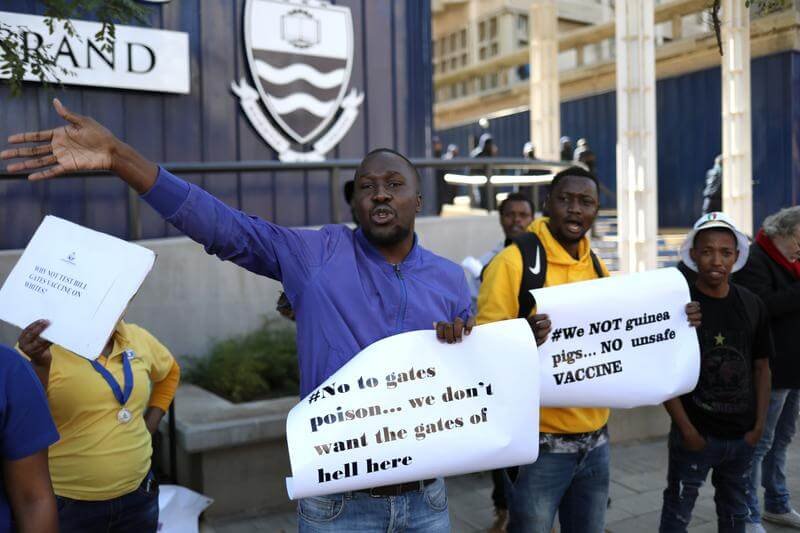Anti-vaccine sentiment, often fed by rumours spread on social media, is already thriving in the West.
But a similar dynamic is at play across Africa, according to public health experts on the continent, with people warier of Covid-19 jabs than they would be of other vaccines.
…
Richard Mihigo, the World Health Organization’s vaccination coordinator in Africa, pointed out that the continent has historically seen high levels of vaccine acceptance — which he said bodes well for future Covid-19 campaigns.
But rumours linked to the Covid-19 vaccine have also “spread like wildfire” online, he said, and are a “real issue”.
In a television interview in April, for example, two French scientists suggested that companies trial vaccines in Africa first — igniting a racism row and feeding longstanding fears about medical exploitation.
“People said: ‘Yeah you see, now we can confirm that Africans are guinea pigs,'” Mihigo said, noting that the affair did “a lot of damage”.
Ousseynou Badiane, the head of Senegal’s vaccination programme, said that alongside access to vaccines, “fake news” posed one of the largest challenges to his country’s future campaign.
Much of the misinformation shared in Senegal originates in France, he added, which is the West African state’s former colonial ruler and one of the world’s most vaccine-hesitant countries.































